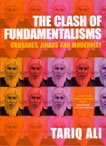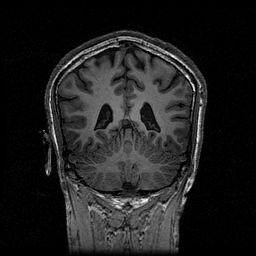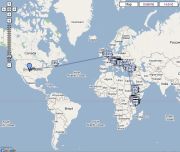 I finally made it all the way through Adam's book: 'The Clash of Fundamentalisms: Crusades, Jihads and Modernity' by Tariq Ali. It was definately not quite what I was expecting, which was more an emphasis on the 'clash' part and the history/evolution of that aspect. He certainly discusses this in the book but not to the extent I was hoping.
I finally made it all the way through Adam's book: 'The Clash of Fundamentalisms: Crusades, Jihads and Modernity' by Tariq Ali. It was definately not quite what I was expecting, which was more an emphasis on the 'clash' part and the history/evolution of that aspect. He certainly discusses this in the book but not to the extent I was hoping.The primary emphasis (2/3 to 3/4 of the book) is on Islam and it's history: how Islam came about and it's evolution and disection into what we have today. There is a lot of explanation of the formation of the various Arab states as well as Pakistan, India, Bangladesh, and Kashmir which I found absolutely fascinating and enlightening, seeing as I knew nothing about all of that prior to reading this book. This information alone made the book a worthwhile read, despite serveral dry sections where lots and lots of names are thrown around, which are hard to remember. I should probably mention that Tariq Ali is an atheist with a 'cultural' Islamic upbringing, so most of his discussion of Islam through out the book is from this perspective and discusses Islams formation as a political tool.
I was a bit disappointed with his discussions of 'A brief history of US Imperialism', which lacked the comprehensiveness of the aforementioned discussion of Islam and also saw a far amount of 'soap boxing' which was tiresome. There was also a section 'thrown in' at the end about Indonesia's 'history' as related to and an explanation for the bombings in Bali, which I thought was entirely unnecessary and would have better served being left out with more attention paid to 'US Imperialism'.
In any case I would definately recommend giving it a read if you have an interest in a unique perspective/explanation of Islam as relates to the middle east and India/Pakistan and can manage not getting bogged down with all of the names.








No comments:
Post a Comment